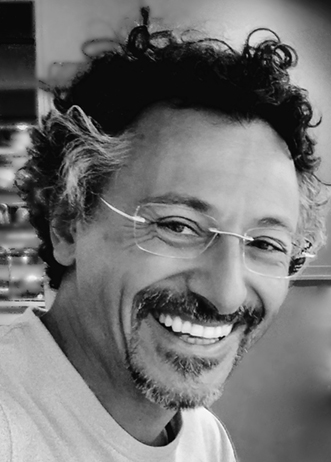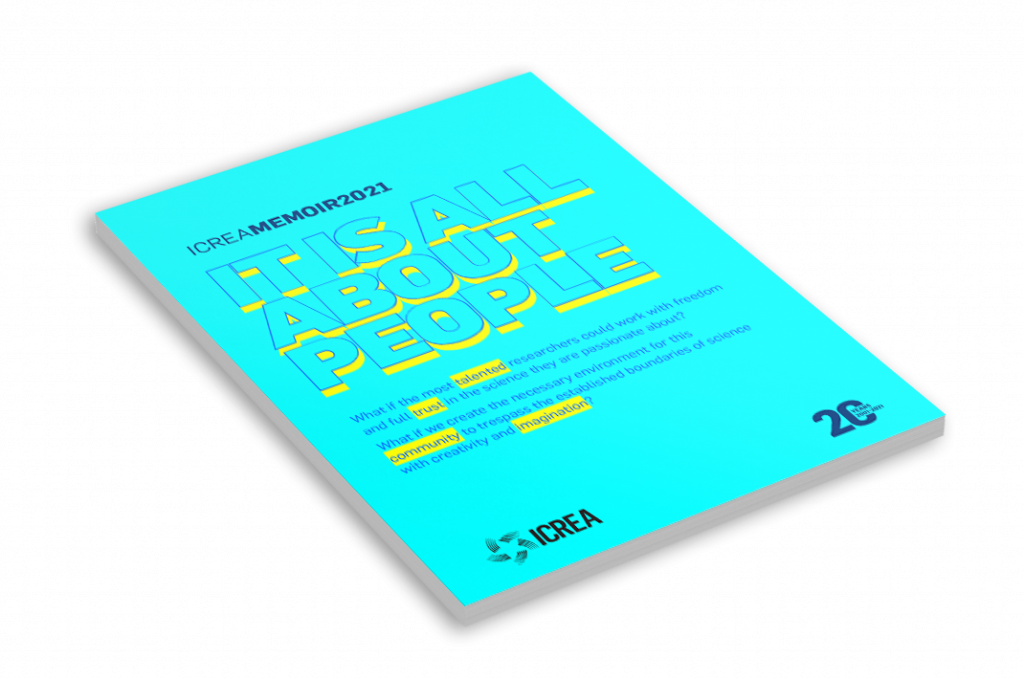Giancarlo Franzese leads the Statistical Physics of Complex Matter group at UB. Ph.D. in Physics with honors, Associate Researcher at several universities (Rome, Boston, Naples), Visiting Professor at prestigious institutions (Boston, Cambridge, Dublin, Beijing, Porto Alegre), he arrived at Barcelona as RyC Researcher. He became a Tenured Associate Professor in 2008, with Accreditation as a Full Professor in 2013. Member of the Steering Committee and the Outreach Commission of the UB Inst. for Nanoscience and Nanotechnology, the Intl. Advisory Board of the European Molecular Liquids Group, he won several prizes (CNR 2000, UB 2012, UK-Royal Society of Chemistry 2012, Nola 2016) and scientific journals covers (2007, 2020). He ranks among the Top Scientists in Spain and Italy in Multidisciplinary Physics, Top 2% worldwide for all production and impact indicators (exaly.com). He gave +127 Invited Talks, with +105 publications (with 2 Highly Cited Papers in Water and 3 in Physics).
Research interests
Giancarlo Franzese develops a multi-scale approach for hydrated NanoBioSystems under realistic conditions (e.g., nanoparticles and protein solutions at physiological conditions over time scales up to hours). His group combines atomistic simulations of hydrated bio-interfaces (e.g., proteins or membranes) and nano-interfaces (e.g., nanoparticles and nanomaterials) with coarse-grain models for protein folding and design, protein adsorption, aggregation and crystallization, confined complex liquids, and hydrated nanosystems. He collaborates with several experimental groups worldwide. Together they try to find answers to fundamental questions and applications. E.g. why is water so essential for life? Which properties make water unique for biological processes? What makes a nanoparticle safe by design? Can we control protein aggregations in neurodegenerative diseases? How can we develop NanoMedicine against cancer? How can we improve nanotheranostics? More on Twitter @GFranzesePhD.
Keywords
Biological Physics. Biological Water. Bio-Nano Interactions. Protein Folding. Protein Design. Self-Assembly. Complex Liquids. Soft Matter.


